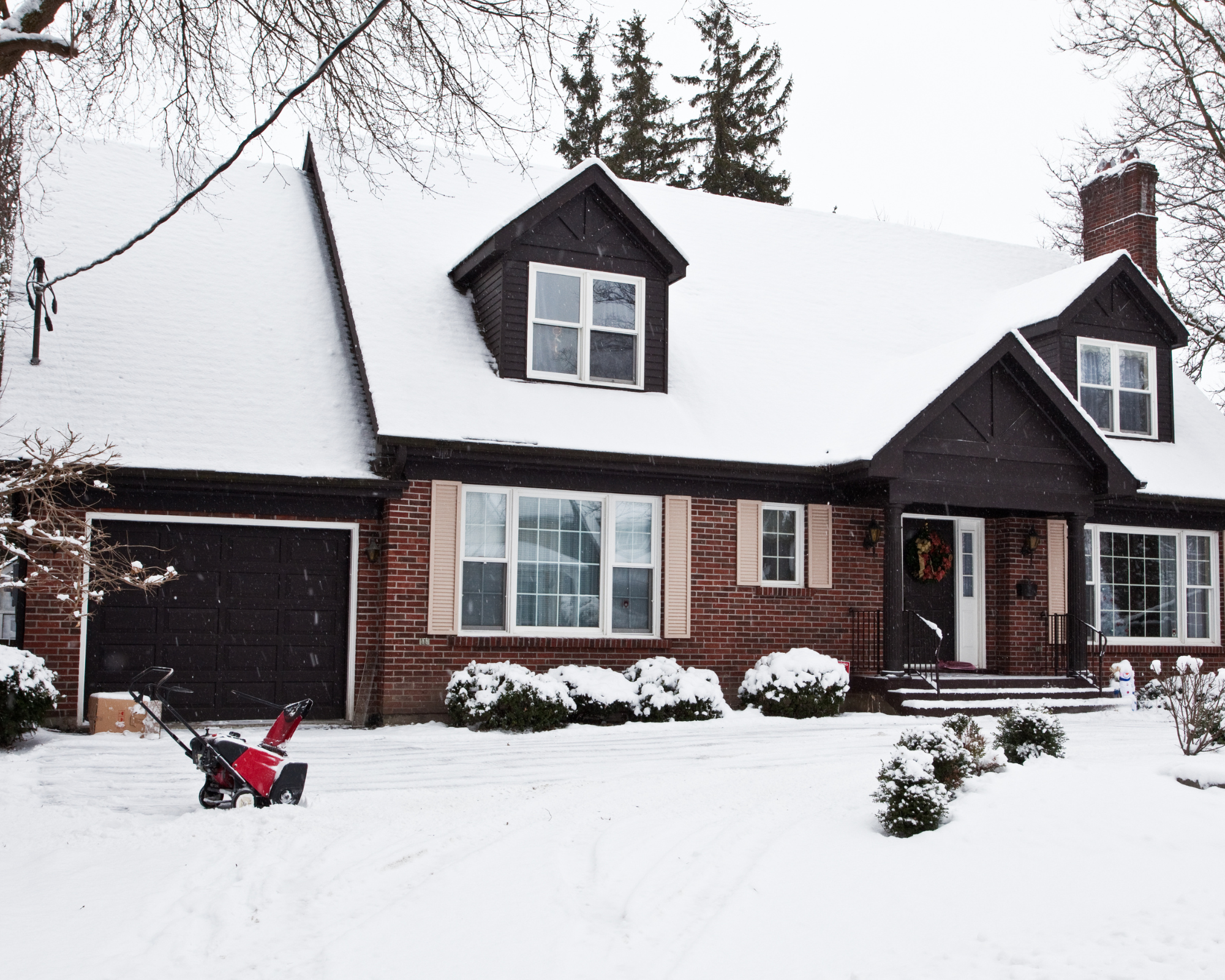Top Reasons Why Outdoor HVAC Unit Freezes In Winter
Air conditioning units (ACs) are designed to cool your home during hot summer months, but what happens when the weather turns cold? Surprisingly, air conditioning units can also freeze in winter, and there are a few reasons why this might happen.
Blocked Airflow
One of the most common causes of an air conditioning unit freezing in winter is blocked airflow. Air conditioning units rely on proper airflow to remove heat from your home and prevent moisture from condensing on the coils. When airflow is restricted, the coils can become too cold, causing moisture to freeze. This can be caused by a number of factors, including:
- Dirty air filters: Dirty air filters restrict airflow and can prevent the AC from effectively removing heat. It is important to change your air filters regularly, especially during the winter months when the air is drier.
- Blocked vents: Blocked vents can also restrict airflow and lead to freezing. Make sure your vents are clear of debris and that they are open.
- Snow or ice buildup: If snow or ice builds up around your outdoor air conditioning unit, it can block airflow and cause the unit to freeze.
- Damaged blower motor: A damaged blower motor can also prevent the AC from moving enough air, leading to freezing.
Low Refrigerant Levels
Another common cause of an air conditioning unit freezing in winter is low refrigerant levels. Refrigerant is a gas that circulates through the AC unit and helps to remove heat. If refrigerant levels are too low, the coils can become too cold, causing moisture to freeze.
Refrigerant leaks: Refrigerant leaks can occur over time due to wear and tear, or they can be caused by a damaged compressor or other component. If you suspect that your AC is leaking refrigerant, it is important to have it repaired by a qualified technician.
Clogged Condensate Drain
The condensate drain is responsible for removing water vapor from the evaporator coil. If the condensate drain becomes clogged, water can back up and freeze on the coil, causing the AC to freeze.
Clogged or Damaged Defrost Control System
The defrost control system is responsible for controlling the defrost cycle, which is when the AC unit melts the ice that builds up on the evaporator coil. If the defrost control system is clogged or damaged, the defrost cycle may not work properly, and the ice can build up to the point where it causes the unit to freeze.
Preventing Air Conditioning Unit Freezing
There are a few things you can do to prevent your air conditioning unit from freezing in winter:
- Change your air filters regularly: Change your air filters every month or two to ensure proper airflow.
- Clear snow and ice from your outdoor AC unit: If snow or ice builds up around your outdoor AC unit, remove it as soon as possible to prevent airflow problems.
- Check for blocked vents: Make sure your vents are open and clear of debris.
- Have your AC unit serviced annually: A yearly service will help to identify and repair any potential problems that could lead to freezing.
If your air conditioning unit freezes, turn it off and unplug it. Do not try to defrost the unit yourself, as this could damage it further. Call a qualified HVAC technician to inspect and repair the unit.
Additional Tips
- Do not use your AC in winter: Your AC is not designed to operate in cold weather, so it is important to switch to your heating system during the winter months.
- If you must use your AC in winter, set the temperature slightly above the outdoor temperature. This will help to prevent the unit from freezing.
- Do not run your AC unit for long periods of time in cold weather. Take breaks every 30 minutes or so to allow the unit to warm up.
A Winter-Ready HVAC System
Understanding why your outdoor HVAC unit freezes in winter is the first step toward ensuring a comfortable and trouble-free home environment. By addressing these common causes and implementing preventive measures, you can safeguard your HVAC system from the chilly grip of winter. Regular maintenance, proper insulation, and attention to airflow are key elements in keeping your air conditioning unit running smoothly, regardless of the weather outside.
Don’t let a frozen HVAC unit leave you out in the cold. If you encounter persistent issues or need professional assistance, contact your trusted HVAC service provider to ensure your system is winter-ready and operating at its best. A proactive approach today can lead to a cozy and worry-free winter tomorrow.





